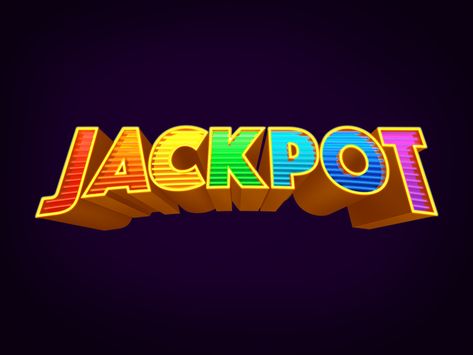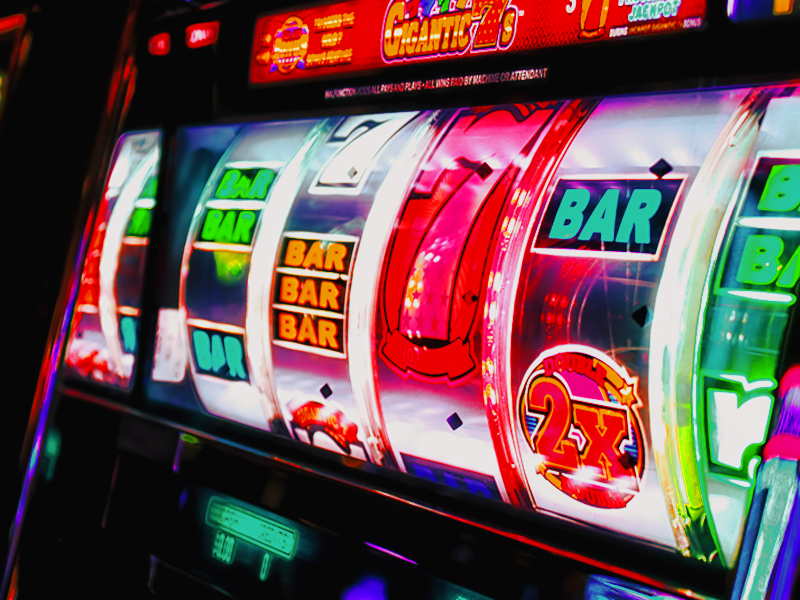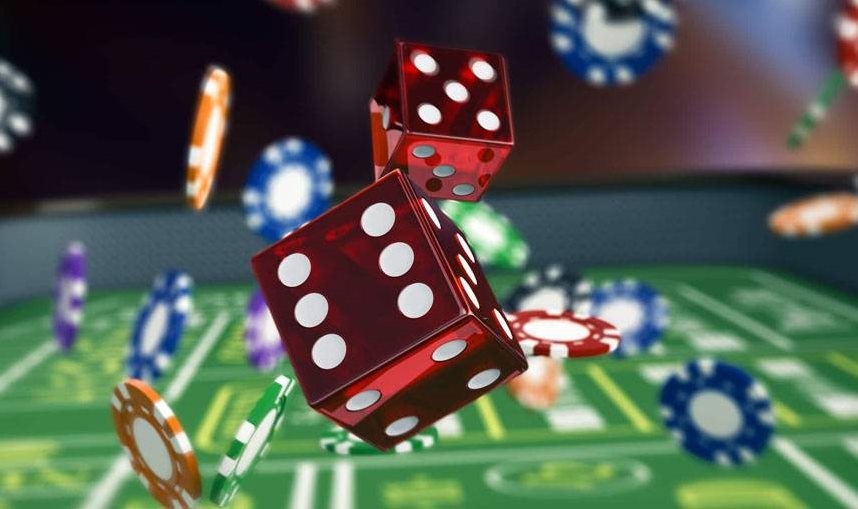As someone deeply involved in the world of online casino games and slots, I often meet new Danish players eager to start their journey but unsure where to begin. If you’re reading this, chances are you want to maximize your fun while minimizing risks and mistakes. Navigating the online casino scene can feel overwhelming, especially with so many choices and rules, including the sensitive topic of spil casino uden om rofus, which I’ll touch on early in this guide.
This article is a comprehensive resource, packed with practical, unusual, and expert advice tailored for new Danish players. I will walk you through key steps, from selecting the right casino and games to managing your bankroll and understanding Denmark’s gambling regulations. Let’s get started!
Understanding the Danish Gambling Landscape
Before diving into gameplay, it’s vital to understand the unique features of the Danish gambling market. Denmark has a strong regulatory framework designed to protect players and promote responsible gambling. The ROFUS (Register of Voluntary Exclusion from Gambling) system is a cornerstone of this protection. It allows players to self-exclude from all Danish-licensed gambling sites to control gambling habits.




